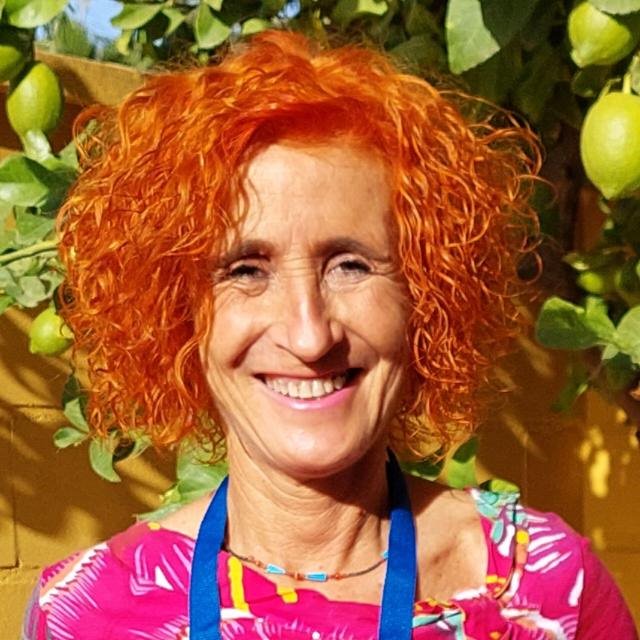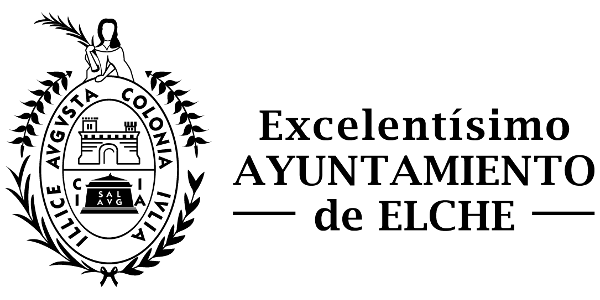Speaker

SILVIA HIDALGO BERUTICH
UNIVERSITY OF MALAGA. SPAIN
Degree in Psychology, clinical itinerary, (UMA, 1991); Degree in Pedagogy (UMA, 1995), PhD in Psychology (UMA, 2005) and Postgraduate Master in Clinical Neuropsychology (Pediatric Itineraries, UPO, 2012), along with more than 50 training courses in the field of child clinical and attendance at national and international congresses with exhibitions of numerous communications and papers. Her professional activity combines teaching tasks. She is a professor at the University of Malaga, Faculty of Psychology, Department of Developmental Psychology and Education since 2004. She has been practicing clinical activity for 30 years as a specialist in psychotherapy and child and adolescent clinical neuropsychologist. Accredited as a General Health Psychologist; Psychotherapist recognized by EUROPSY and Clinical Neuropsychology Accredited by CNAP (September 2018).
In AVANZA Psychology Center (Malaga), she develops evaluation and diagnostic functions, psychoeducational treatment, training for parents and professionals. Her center is a reference entity and center for postgraduate internships for students from several Spanish universities (UMA, UPO, UNIR, UNED), with which the center has collaboration agreements.
Dr. Hidalgo is part of several R+D+I+D projects related to psychological test typifications: Validation (WIPSSI-IV) (PEARSON, 2013); ATENTO Project (TEA Edic. 2017); BD Dyslexia (TEA Edic. 2019) and d2-RFCT (TEA Edic. 2020) PROLEC-3 (2022); Expert Judge in the validation of ATENTO (2023); Collaborating staff in Grupo GINTA, Grupo de Investigación Integral en el Neurodesarrollo Típico y Atípico (Universidad Alicante); Founding member of RED INFANCIA (promoted by the UMH University), member of the Spanish Society of Clinical Child and Adolescent Psychology (SEPCIJ) and member of the Andalusian Society of Neuropsychology (SANP). In the field of Neuropsychology training she has been the academic assistant director and speaker at: I Specialization Course in Child and Adolescent Clinical Neuropsychology (UMA own title, 2014), and in the five editions of the University Expert Course in Child Clinical Neuropsychology, (from courses 2015-16 to the present), taught at the Faculty of Psychology, University of Malaga (UMA), as well as Academic Deputy Director and speaker in I and II Master in Child Clinical Neuropsychology (UMA, 2019-20 and 2021-22).
She is also a regular speaker at the annual congresses held by the Federation of Spanish Neuropsychology Associations (FANPSE) and the Andalusian Society of Neuropsychology (SANP). For years she has been moderating symposia at the International Congress of Clinical and Health Psychology in Children and Adolescents of the AITANA Research Group (UMH) and is a member of the Editorial Board of the Disability, Clinical and Neurosciences Journal (RDCN) published by the University of Alicante and promoted by the Research Group.
Current challenges in child and adolescent neuropsychology: new contributions from research and clinical practice.

In recent years, clinical child-adolescent and school neuropsychology have experienced remarkable advances. These are driven, on the one hand, by the motivation of disciplines in the field of Neuroscience and Cognitive Sciences interested in understanding how the child’s brain develops and functions and studying in-depth the advantages and disadvantages of brain neuroplasticity; and, on the other hand, by the growing concern to address not only behavioral but also cognitive-emotional aspects present in various new or persistent neuropediatric pathologies (such as children with low birth weight, learning difficulties, attention deficit, increased self-injurious behaviors, and violence). This range of increasingly diverse alterations poses a challenge for child neuropsychology, which requires providing responses from research, with new assessment techniques, and from clinical practice, with personalized neuropsychological stimulation and/or rehabilitation treatments.
We present several works with novel approaches, such as the functioning of the neuroconnectome in neurodevelopmental disorders; intervention programs in the early stage through the activation of Executive Functions in Activities of Daily Living (ADLs); intervention in functional neurodiversity through primitive reflexes; and family neuroeducation in neurodevelopmental disorders.










